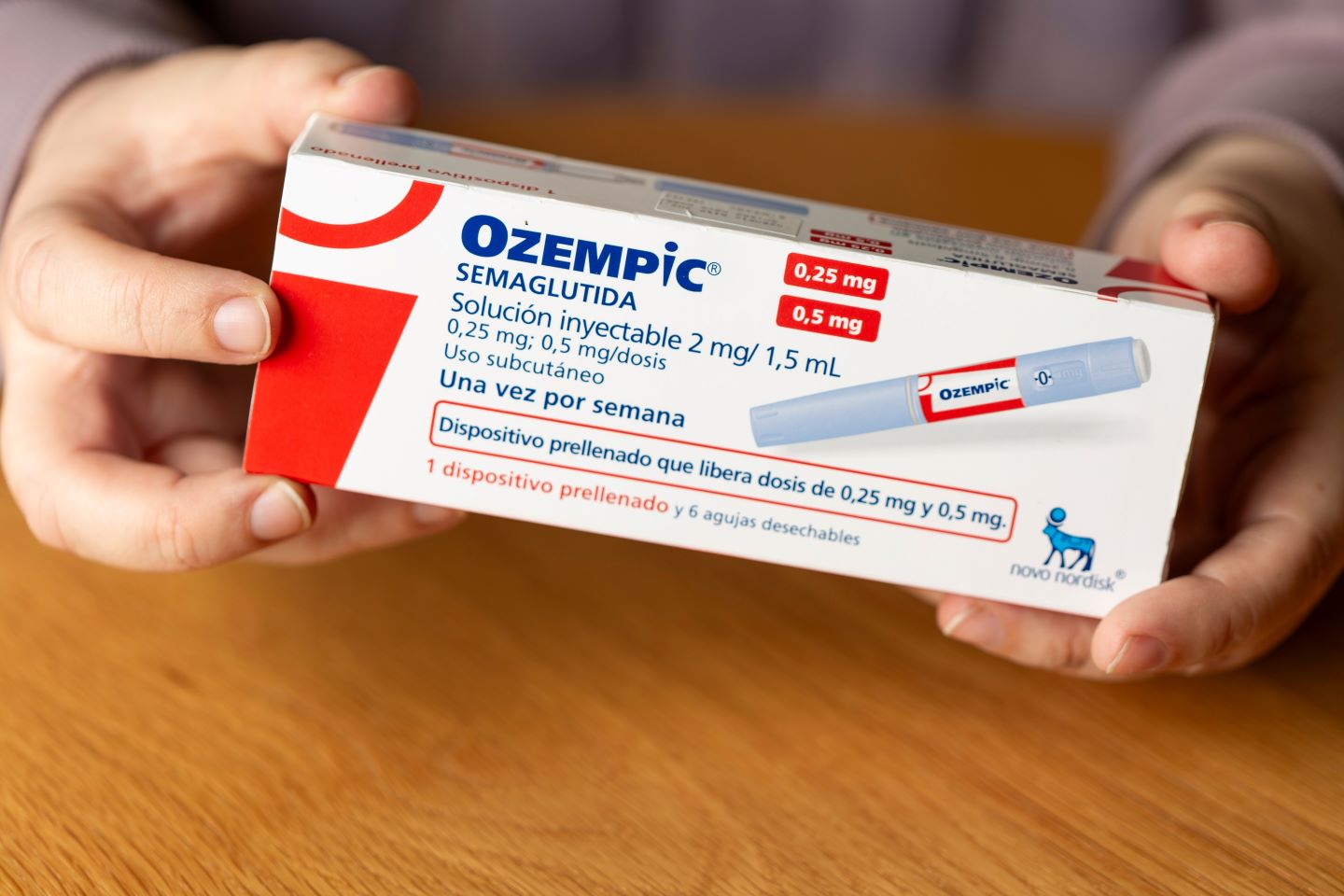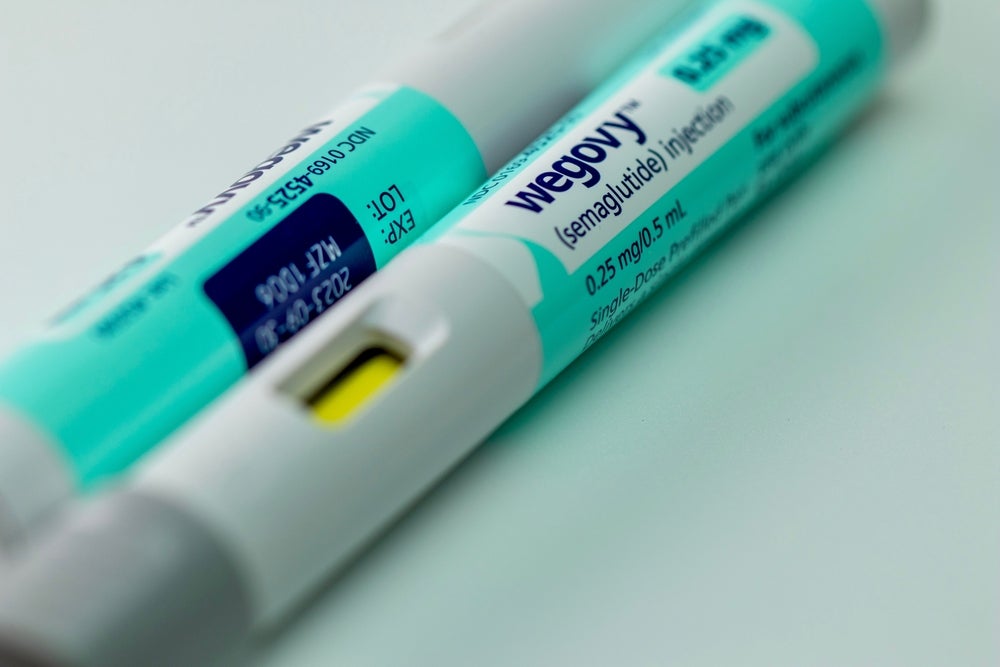Novo Nordisk stops trial of Ozempic in kidneys as interim analysis shows success
On Tuesday 10 October, Novo Nordisk announced that its FLOW trial, which studies Ozempic (semaglutide) in diabetic patients with chronic kidney disease (CKD), will come to a halt almost one year prior to the planned completion date, as interim results alone were sufficient in proving that the treatment was successful in treating kidney failure in this patient group. This comes following a recommendation provided by the independent data monitoring committee, which was supervising this trial and deemed that there was definitive evidence that the drug would be successful. However, Novo Nordisk will remain blinded to the data until the trial reaches its formal completion date. Novo Nordisk already has a strong presence in the type 2 diabetes (T2D) and obesity markets. The company’s subcutaneous glucagon-like peptide-1 receptor agonist (GLP-1 RA), Ozempic (semaglutide), is indicated for T2D and is forecast to reach sales of $11.4bn by 2029, according to GlobalData’s Type 2 Diabetes: Nine-Market Drug Forecast and Market Analysis – Update report. Novo Nordisk’s Wegovy (semaglutide) (indicated for obesity) and Ozempic are forecast to reach sales of $8.1bn and $2.1bn by 2031, respectively, according to GlobalData’s Obesity: Seven-Market Drug Forecast and Market Analysis report. Consequently, the results of Novo Nordisk’s promising FLOW trial may bolster the sales of its subcutaneous GLP-1RAs across these indications and other prospective treatment areas. The FLOW trial was set to compare the effect of Ozempic 1.0mg to placebo as an add-on to the standard of care treatment for CKD in 3,500 patients, with the aim of demonstrating that Ozempic would delay CKD progression and lower mortality risk due to kidney and cardiovascular complications. This trial was able to determine that GLP-1RA have uses beyond their original purpose in patients with T2D, obesity, or both of these diseases. Another instance in which Novo Nordisk proved this point was in its Phase III SELECT (NCT03574597) trial studying Wegovy 2.4mg in overweight and obese patients with cardiovascular disease, where the trial results showed that the risk of major adverse cardiovascular events (MACE) was reduced by 20% in patients receiving Wegovy compared to the placebo group and standard of care. Currently, Novo Nordisk’s Ozempic and Wegovy are only marketed for T2D and obesity, respectively. However, Novo Nordisk has indicated that a label expansion is underway to include the use of Wegovy for cardiovascular risk reduction, and judging by the success of the FLOW trial, it may be assumed that both Wegovy and Ozempic will have their labels expanded to include CKD at some point. In addition to providing an improved efficacy in comparison to liraglutide, Novo Nordisk’s previous GLP-1RA therapy for T2D and obesity, semaglutide, also requires a lower frequency of administration comprising once per week. This reduced administration burden is of utmost importance, as many obese patients are subject to additional pharmacotherapies due to comorbidities. While facilitating a label expansion of Novo Nordisk’s subcutaneous semaglutides is paramount in ensuring that patients with other diseases, such as CKD and cardiovascular disease, receive the best treatment available, it is important to acknowledge that Novo Nordisk has faced manufacturing hurdles, and consequently supply shortages, with semaglutide. Furthermore, key opinion leaders (KOLs) noted that the limited supply of semaglutide is one of the major hurdles to drug sales growth. Nonetheless, if the company’s manufacturing and supply issues are resolved, label expansions may further propel the success of Novo Nordisk’s semaglutide-based therapies across a wider range of indications.

What's Your Reaction?

































